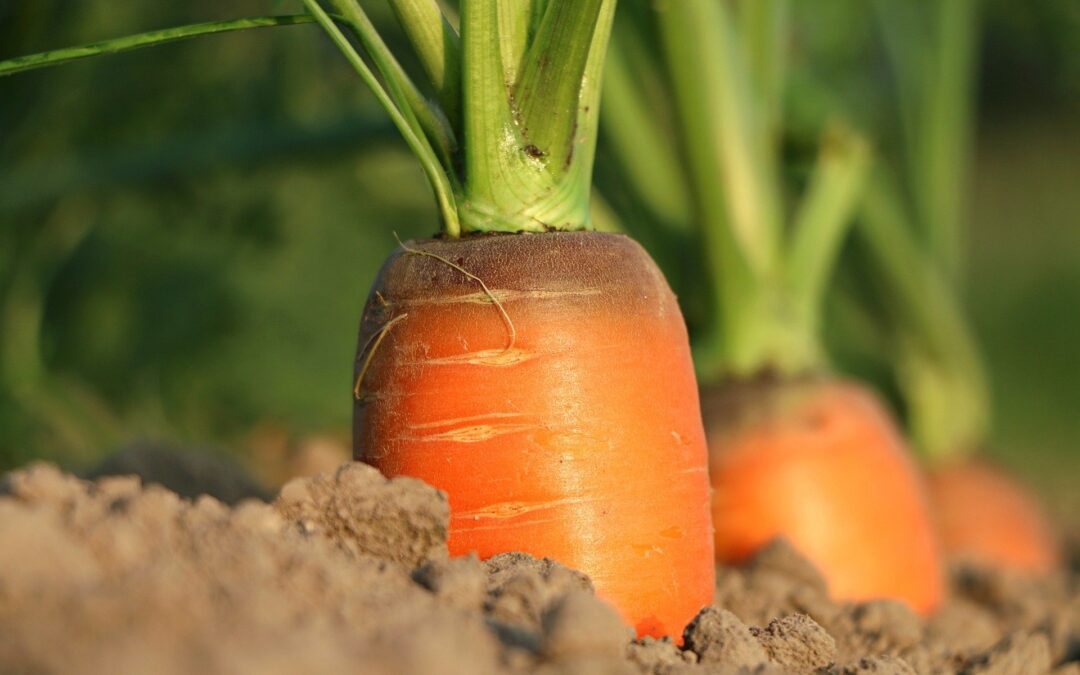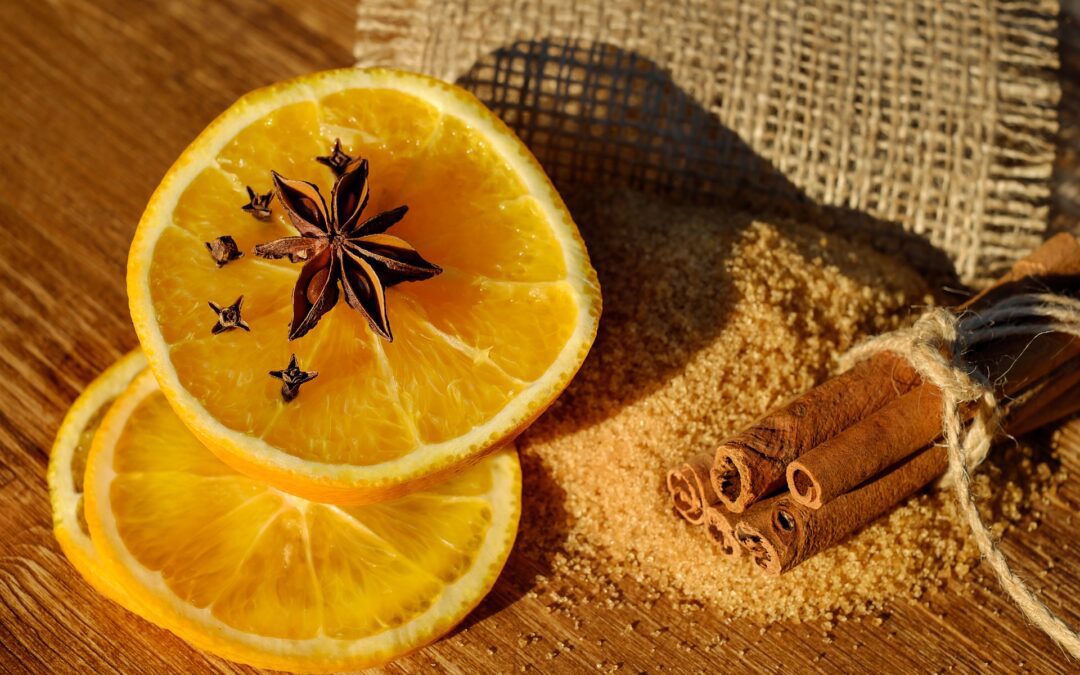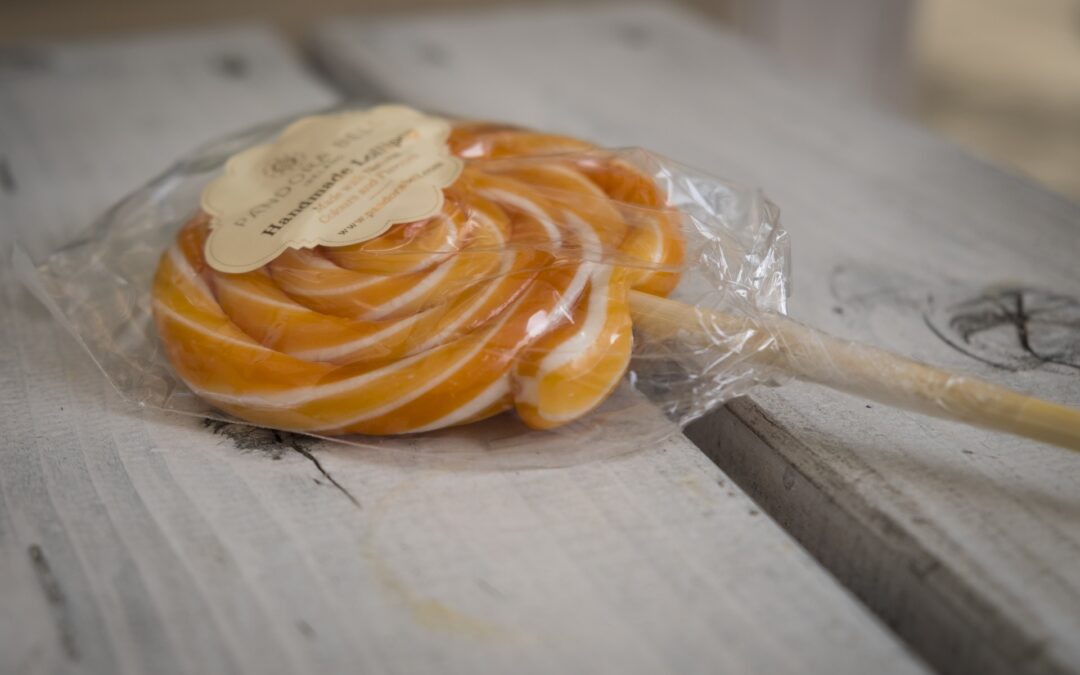The summer holidays are just around the corner, a period of relaxation. No full agenda for a while, getting away from the daily hustle and bustle and routines. And so our eating routines usually change temporarily as well.
We spend more time outside and our diet adapts to the summer temperatures. The need for a fresh salad increases and the smells of charcoal from the BBQ spread across the gardens. Perhaps during cycling trips you will stop more often at a terrace for a cup of coffee and cake. Or do you see a cocktail as the ultimate treat.
What does this do to our body? Every meal is accompanied by the release of the messenger substance insulin, to transport glucose (sugar broken down into absorbable form) from the blood and into the cell. So that the cell can convert it into energy. But if the cell is asked to take up glucose too often, it becomes saturated and refuses glucose access. The cell appears to have become ‘deaf’ to the messenger substance insulin. This is also called insulin resistance.
But glucose must leave the bloodstream. The result is that glucose is converted into fat and stored to be used again in times of scarcity. But nowadays we no longer experience scarcity, because there is always food within reach. And because our body is not trained to burn fat, it also has difficulty switching between glucose/sugar burning and fat burning. Skipping a meal seems impossible? The result is a combination of signals: such as reduced ability to concentrate, headache, shivering, mood swings.
After a sugar-rich diet, a feeling of fatigue and the aforementioned signals quickly follow. And the fluctuation in our blood sugar level of a peak followed by a dip leads to the need for a new supply of quickly absorbed, sugar-rich food. In this way, the disruption of insulin sensitivity is maintained. A far-reaching consequence of insulin resistance is Type 2 Diabetes. This disease in turn increases the risk of cardiovascular disease.
Has Type 2 Diabetes Already Been Diagnosed? Then improving insulin sensitivity through lifestyle adjustments can very well reduce the need for medication.
Many people are not aware of this problem, they eat very average and feel healthy. Bread twice a day, 2 pieces of fruit, a cookie with coffee and fresh vegetables in the evening with potatoes/pasta/rice and a piece of meat/fish. And a few times a week in the evening, a cookie with tea or a glass of wine/beer/soft drink/fruit juice with something tasty to nibble on the table.
But this pattern already shows six eating moments per day. And all six moments are rich in sugar. What many people overlook is that carbohydrates are converted into glucose by the body. So the bread, the cookies (often with a wheat base), the fruit sugars (fructose), the potatoes/pasta/rice and the evening snacks all provide glucose.
Do you recognize yourself in the above signals? Try to exercise more often (moderately intensively), limit stress, limit your carbohydrate intake, avoid sugary foods and drinks and limit your eating times. Aim for a base of pure, fresh and unprocessed food.





